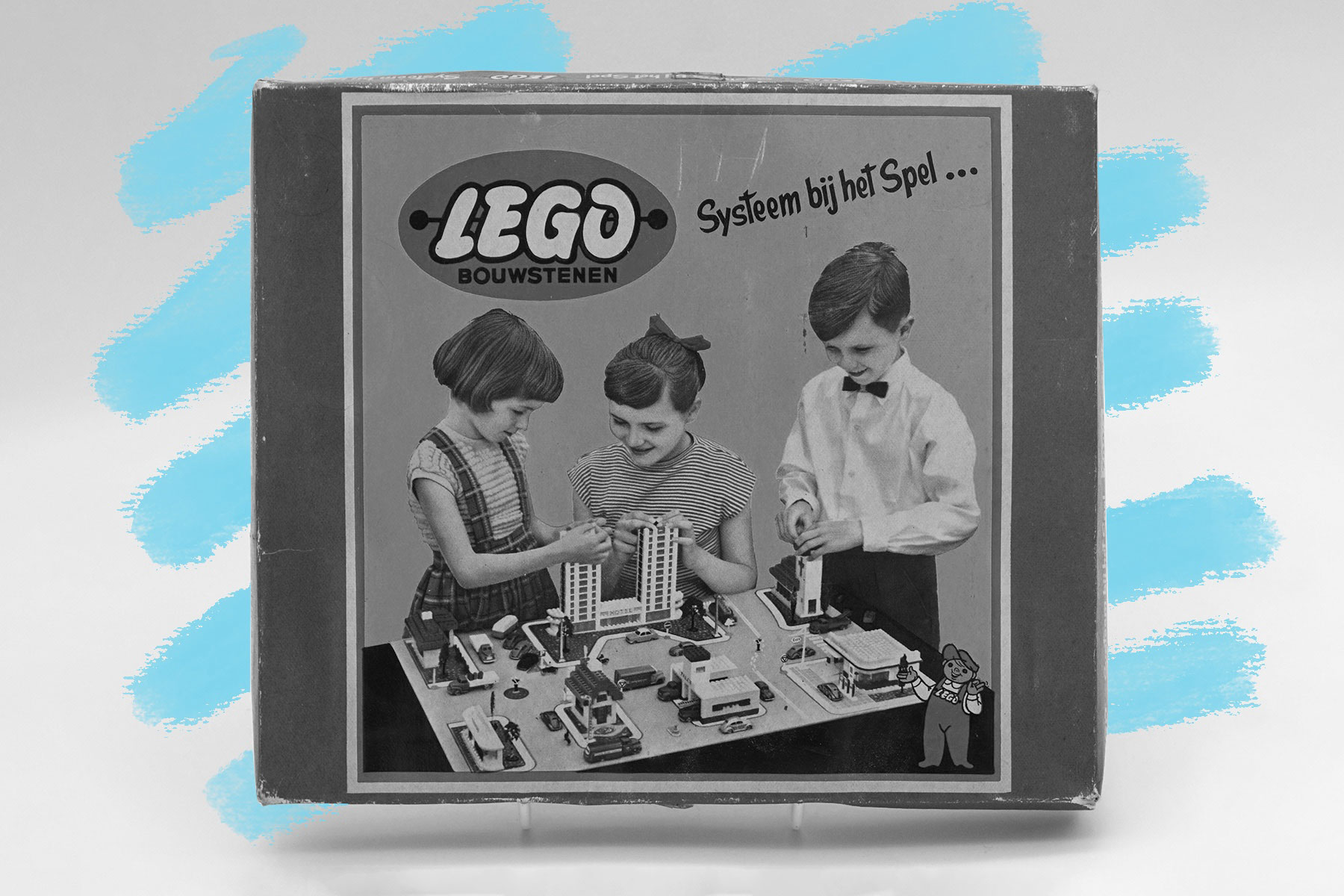Lego was created as a result of the Great Depression.
In October 1929, the U.S. plunged into financial despair as the crash of the New York Stock Exchange prompted the onset of the Great Depression. It wasn’t just Americans who were affected, however; the economically crippled U.S. put restrictions on European imports, causing an agricultural downturn overseas. This impact extended to the small Danish town of Billund, the home of Lego founder Ole Kirk Christiansen. Christiansen was a local carpenter whose farmer-heavy clientele dried up in the early 1930s, forcing him to cut his workforce by 1932. Given the lack of demand for intricate carpentry work, Christiansen pivoted into producing cheap wooden goods including toys, which stood a greater chance of selling despite the poor economic conditions.
At first, this decision failed to salvage the business, and Christiansen was forced to declare bankruptcy. Despite this, he maintained a childlike sense of optimism and pressed on. In 1934, Christiansen came up with a new company name, Lego, based on the Danish words “leg godt,” which translate to “play well.” Though the materials were cheap, Christiansen’s carpentry work cut no corners, producing wooden ducks and car models that became highly popular throughout Denmark. The company later discontinued wooden toy production in 1960 after a fire destroyed its carpentry workshops, but not before Lego embraced a company-wide pivot into the world of plastics. In the late 1940s, Lego purchased a plastic molding machine, allowing the company to produce the very first plastic Lego brick in 1949. In 1953, it began producing entire sets made of plastic, and later shifted away from wooden toys. Lego was able to weather the bleak financial times, and grew into a successful global company that continues to brighten lives today.







